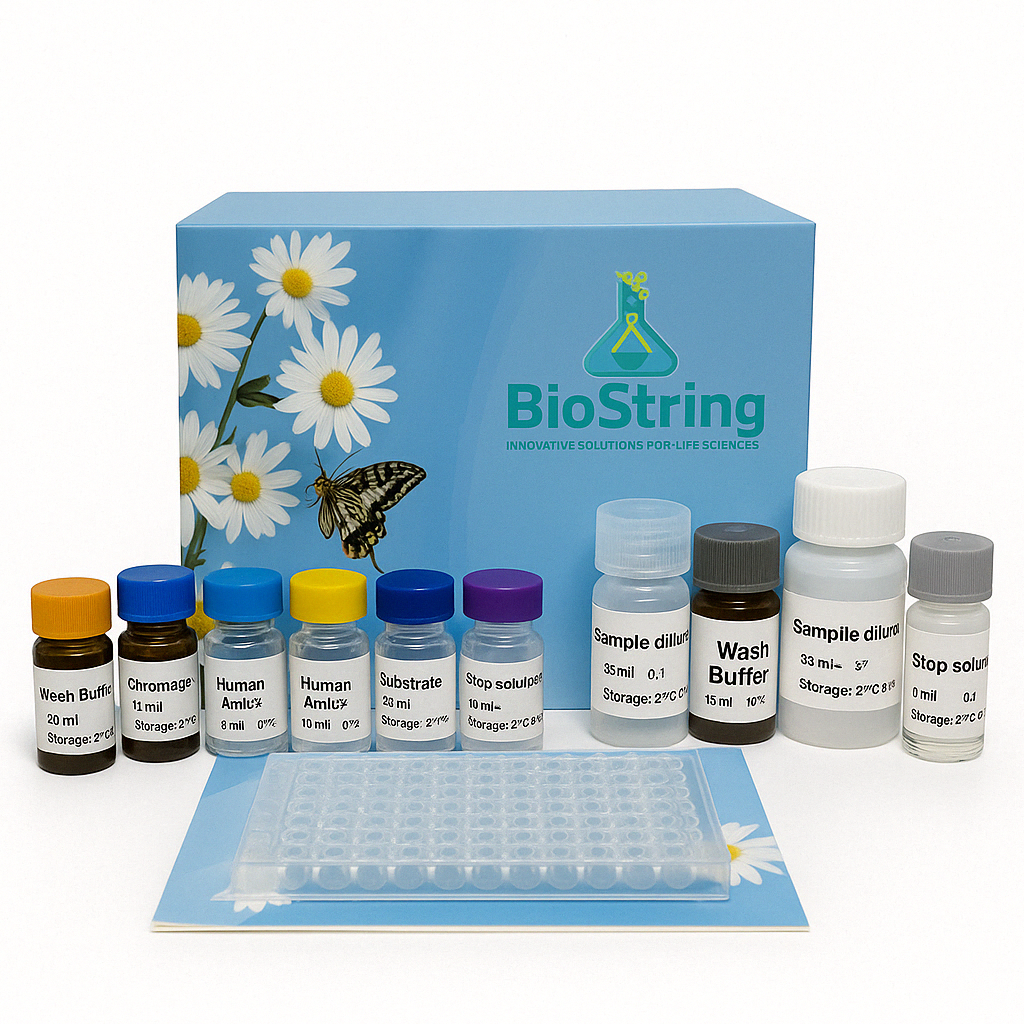| Stability | Perform the stability test for the sealed kit at 37°C and 2-8°C and get relevant data.
|
||||||
|
BACKROUND |
Creatinine is a metabolite of phosphocreatine (p-creatine), a molecule used as a store for highenergy phosphate that can be utilized by tissues for the production of ATP. Creatine either comes fromthediet orissynthesized from the amino acids arginine, glycine, and methionine. This occurs in the kidneys andliver, although other organ systems may be involved and species-specific differences may exist. Creatine andp- creatine are converted non-enzymatically to the metabolite creatinine, which diffuses into the bloodandisexcreted by the kidneys. In vivo, this conversion appears to be irreversible and in vitro it is favoredbyhighertemperatures and lower pH. Creatinine forms spontaneously from pcreatine, and under normal conditions, its formation occurs at a relatively constant rate. Intra-individual variation of creatinine levels is | ||||||
| Required Instruments and Reagents | · Microplate reader (wavelength: 450nm)
· 37°C incubator (CO2 incubator for cell culture is not recommenced.) · Automated plate washer or multi-channel pipette/5ml pipettor (for manual washing purpose) · Precision single (0.5-10μL, 5-50μL, 20-200μL, 200-1000μL) and multi-channel pipette with disposable tips(Calibration is required before use.) · Sterile tubes and Eppendorf tubes with disposable tips · Absorbent paper and loading slot · Deionized or distilled water |
||||||
| Storage/Stability | The kit is stored at 2-8°C (Avoid Direct Light), and not be frozen or thawed. The product is valid for 6months. After opening, store at 2-8°C, it can be stable for 30 days, avoid contamination. |
Cr(Creatinine) Assay Kit (Colorimetric)
| Catalog No. | EU3134 |
| Unit Size | 48-Wells | 96-Wells |
| Reactivity | Universal |
| Sensitivity | 10μmol/L |
| Assay range | 25-800μmol/L |
| Standard | 108 pg/ml |
| Reaction Duration | 20 minutes |
| Detection Method | Enzyme catalysis |
| Detection Wavelength | OD546 |



Reviews
There are no reviews yet.